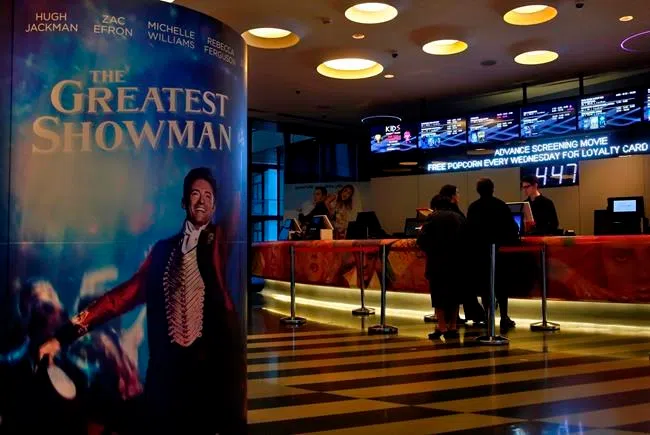
Lebanon bans ‘The Post’ over Spielberg’s support for Israel
BEIRUT — Lebanon’s censorship authorities have effectively banned Steven Spielberg’s newspaper drama, “The Post,” because the American director is on a regional blacklist for supporting Israel.
The directive by the country’s General Security agency still needs to be signed by Interior Minister Nouhad Machnouk to enter into effect, but that is considered a formality that is unlikely to stop the ban.
The directive accompanied another ban on “Jungle,” a survival movie based on the memoirs of Israeli national Yossi Ghinsberg.
Lebanon and other Arab nations have long maintained a cultural boycott against Israel. But the twin bans reflect the growing strength of a once-fringe movement to extend the boycott to people and companies seen as too friendly to Israel.
